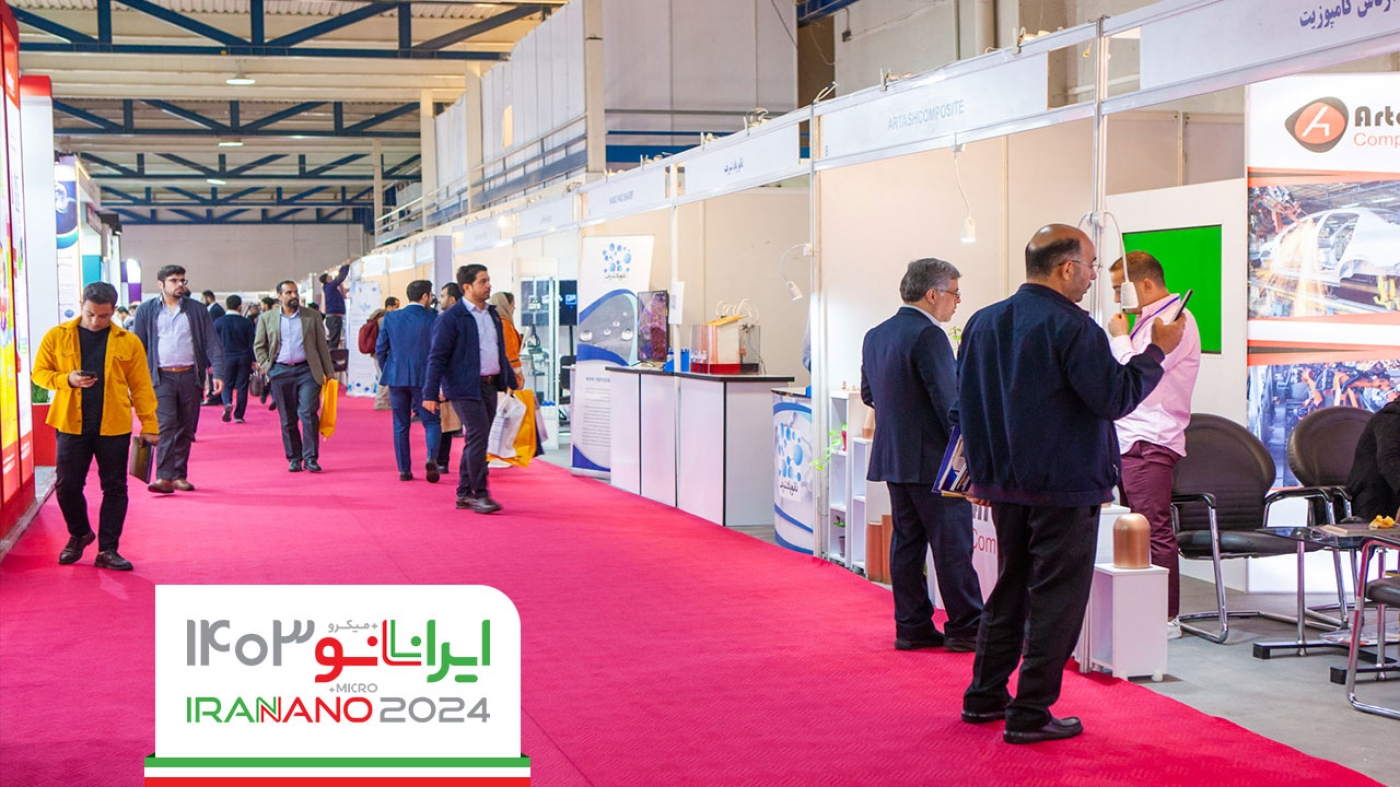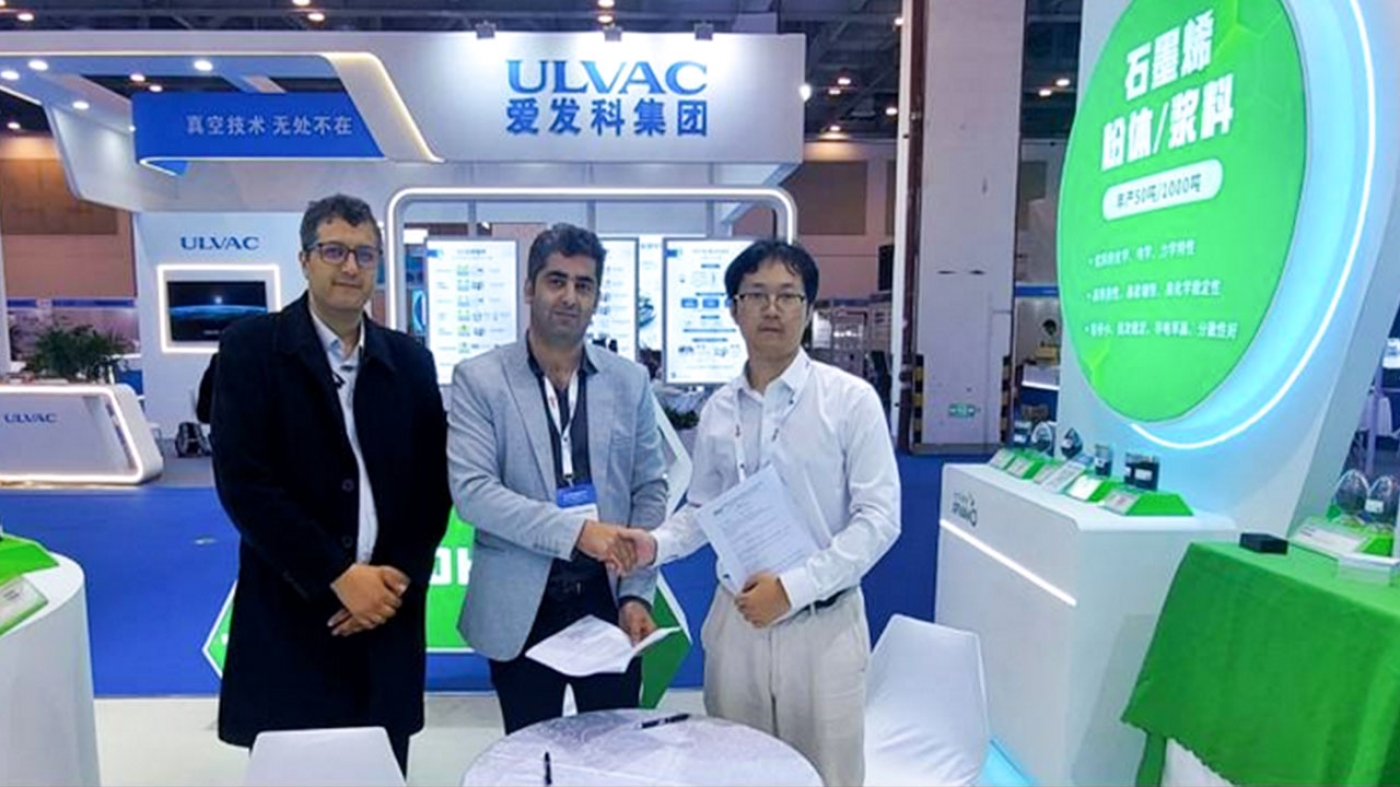
Researchers at Babol Noshirvani University of Technology have made microbial fuel cells with the aim to develop the new clean energy sources. The electrodes of these cells are made of bacterial cellulose, as a cost-effective alternative for conventional electrodes such as graphite counterparts. Their research work has been conducted on a laboratory scale.
Given the ever-increasing decline in fossil fuel resources and the contamination caused by the burning of these irreversible resources, the investigation on new and renewable energy sources has become a priority for many researchers. Microbial fuel cells not only do not pollute the environment as a renewable energy source, but also act directly as a contamination-reducing agent. This is why they have been the focus of many research projects and many ones try to promote them into industrial products.
According to Dr. Mostafa Rahim Nejad, a faculty member of Babol Noshirvani University of Technology, the researchers have strived to improve one of the most significant components of the microbial fuel cells, i.e. the electrode, and have taken steps towards indigenizing its manufacturing technology as an environmentally friendly energy source. The fabricated nanobiocomposite electrode consists of bacterial cellulose and conductive polymers. It can be a suitable alternative for expensive electrodes which are commonly used in microbial fuel cells.
The results indicate that the built-in electrode can significantly improve the performance of the cell in generating electricity. These results are applicable to the electronics industry and low-power electronic equipment involving sensors and modern battery industry. This is the case for the filtration of wastewater from factories and municipal sewage to reduce their organic load as well as to remove heavy metals and other hazardous materials.
"Although extensive research works have been carried out around the world in the field of microbial fuel cells, especially the electrode, but the distinction between our project with other research works is the utilization of bacterial cellulose as an adjunct to the construction of a conductive polymer nanobiocomposite and its use as an electrode", said Rahim Nejad, explaining the strong points and novelties of his project.
At the end, Dr. Mostafa Rahim Nejad explained the performance of fuel cells in reducing contamination: "In microbial fuel cells, the microorganisms play the role of biocatalysts. In this system, the nutrient source of microorganisms is waste materials and environmental pollutants such as wastewater from factories. Therefore, microorganisms purify pollutants by producing electricity at the same time."




